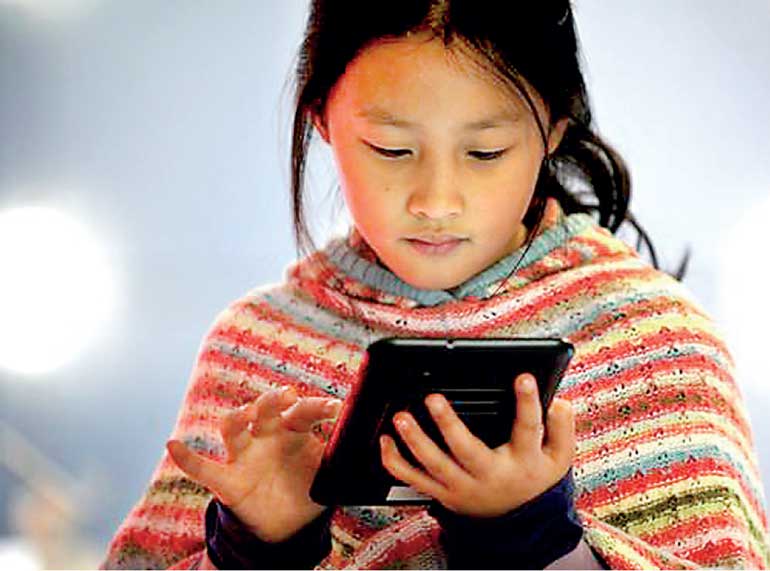Sunday Feb 22, 2026
Sunday Feb 22, 2026
Wednesday, 15 June 2016 12:35 - - {{hitsCtrl.values.hits}}

UNESCO is calling for candidatures for the 2016 edition of the UNESCO King Hamad Bin Isa Al-Khalifa Prize for the Use of Information and Communication Technologies (ICTs) in Education Prize. Since 2005, the Prize has recognised innovations in teaching and learning that leverage technology to improve educational outcomes.
The Prize aims to contribute to equity in education, a key pillar of the Education 2030 agenda, and the guiding principle of the Sustainable Development Goal 4. This new agenda, launched in September 2015, recognises how ICT can be harnessed to assist historically underserved groups represents an essential step in the international effort to assure inclusive and equitable quality education and lifelong learning for all by 2030. The theme for the 2016 Edition of UNESCO King Hamad Bin Isa Al-Khalifa Prize for the Use of ICTs in Education is the use of ICTs in education for disadvantaged groups. The 2016 edition of the Prize will reward the organisations and individuals that are carrying out innovative practices to leverage ICTs to expand access to education and develop innovations in teaching and learning for historically underserved groups.
These groups include refugees; internally displaced persons; socioeconomically disadvantaged learners; people with disabilities; cultural, ethnic and religious minorities; and vulnerable women and girls. The winning project should also promote the values and attitudes that underlie Education 2030 and the broader Sustainable Development Agenda.
Two prizewinners will be selected by the Director-General of UNESCO on the basis of recommendations made by an international jury of five independent and recognised experts in the area of ICT in Education from each region.
The prize will be awarded to the two prizewinners during an award ceremony that will take place in early 2017 at UNESCO Headquarters (Paris, France). The winners of the 2016 Prize will receive a monetary award of 25,000 USD each and a certificate of recognition signed by the Director-General and the Chairperson of the International Jury of independent experts.
National Commissions of the Member States of UNESCO and International Non-Governmental Organization (NGO) maintaining official relations with UNESCO are invited to solicit, nominate and submit candidatures for the Prize. Self-nominations without an endorsement letter from a National Commission or an International Non-Governmental Organization (NGO) in official partnership with UNESCO cannot be considered.
The online submission form and latest news regarding the Prize will be available at https://teamsnet.unesco.org/Pages/register.aspx
The deadline for submission is 30 September.